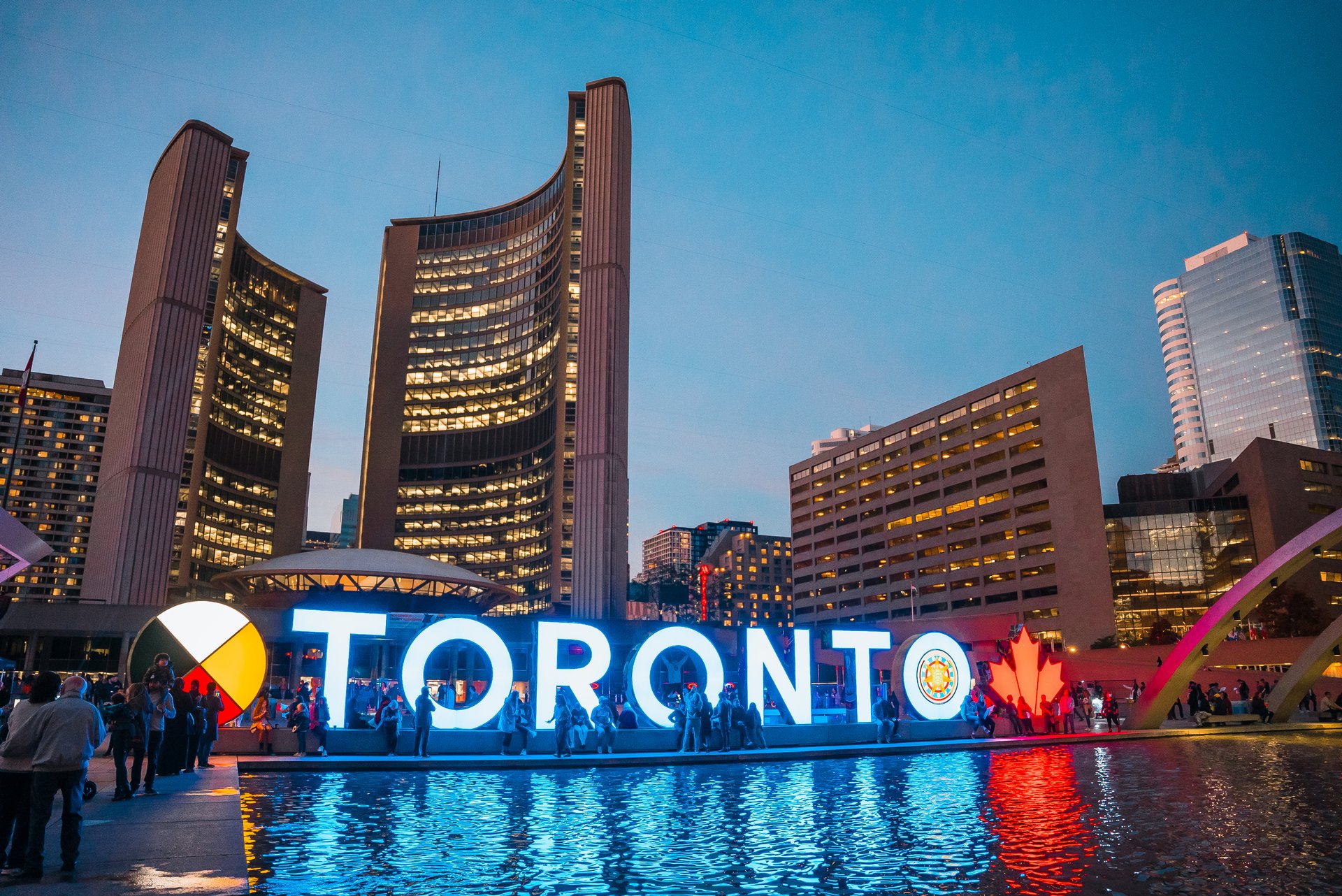An update about our community in Toronto

As the City prepares for its short-term rental bylaw review, we want to share an update about the Airbnb community in Toronto and feedback on some of the initial proposals. Airbnb is proud of the strong relationship we have built with the City of Toronto and continues to work in partnership to support enforcement of their bylaw. We also continue to advocate for sensible policies that capture the benefits home sharing provides for residents and the regional economy.
An economic lifeline for Toronto residents
Home sharing on Airbnb continues to be a lifeline for many Toronto residents. Nearly 70 percent of Toronto Hosts tell us the income they earn from hosting on Airbnb helps them cover the rising cost of living, and 22 percent say hosting has helped them avoid foreclosure or eviction.1
In 2023, over a third of listings were for private rooms within a resident’s home, and the typical Host in Toronto shared their home approximately 50 nights per year.2 These stats demonstrate that many Hosts are regular people who have come to rely on home sharing to supplement their income.
Supporting Toronto’s tourism economy
By welcoming guests into their homes, Hosts provide unique and more affordable accommodation options for travellers, bring an influx of tourism spending to local businesses, and help support the city’s tourism economy. Beyond leisure travel, short-term rentals provide homes for those visiting for business and those in need of transitional or temporary homes. Since 2008, Hosts in Toronto have welcomed nearly six million guests in nearly every corner of the city, including many fellow Canadian travellers. The typical guest spends approximately $250 per day in their destination, with nearly half of that spending directly in the community of their listing.3
In Toronto, Hosts also help disperse travel to neighbourhoods outside high-traffic areas and the downtown tourism hub. In fact, nearly 70 percent of the city is home to Airbnb listings with no hotel presence.4 The average daily rate for Airbnb listings in areas with no hotels was about 40 percent lower than areas with hotels, offering travellers more affordable stays in more neighbourhoods across the city.5 In these areas, Airbnb hosts are often the primary, if not only, accommodation options and drivers of local tourism supporting restaurants, retailers and other small businesses that may otherwise not see those tourism dollars.
Generating millions in tax revenue for the City of Toronto
As the City of Toronto navigates an estimated budget shortfall of $1.8 billion, short-term rentals help generate much-needed tax revenue.6 In 2023, Airbnb collected and remitted $11 million in taxes and fees on behalf of Hosts to the City of Toronto. Across Canada, Hosts generated an estimated $319 million in taxes in 2023, including $164 million in federal GST, HST and PST, providing governments at all three levels tax to help offset growing budgets.
Promoting responsible travel
As we’ve grown as a company, we’ve invested in measures aimed at promoting the safety of communities. The platform introduced a global party ban in 2020 that was codified into our policies last year, and restrictions were put in place for bookings over holidays like Halloween and New Year’s Eve to help enforce this policy. Since first introducing party prevention measures in 2020, we saw a 78 percent year-over-year decrease in reports of parties over New Year’s Eve in Canada alone, including 1,500 guests being blocked from booking an entire home listing in Toronto last year.
We continued to explore further opportunities to promote responsible travel with measures including reservation screening technology, the expansion of our Neighbourhood Support Line, our law enforcement portal, and our 24-hour safety line.
Our work with the City of Toronto
Following the passage of Toronto’s short-term rental bylaw in 2021, we worked closely with city officials to support their compliance efforts including working hand-in-hand with the City to ensure listings are in compliance with the bylaw, engage hosts in email campaigns, and utilized the City Portal to share Host information with officials and remove expired or ineligible listings.
One of the goals of the City’s bylaw is to protect rental housing stock and access to long-term accommodation for tenants. However, rent in Toronto has continued to rise even after short-term rental rules were put in place, increasing nearly 20 percent since 2021. While studies show that Airbnb has not had a meaningful impact on rental prices, we continue to work with our partners at the City to address community concerns.
With the bylaw review taking place, we continue to advocate, as we have for over two years, for sensible changes to improve compliance, including:
- The removal of a Host’s private information such as addresses from the City’s public portal. Implementing this change would strengthen the City’s verification system, while also better protecting the privacy and personal information of STR operators.
- No night cap on private room rental: Capping the number of nights a host who shares a private room in their primary residence will not help address ongoing local housing concerns or add more rentals to the long-term market. Instead, a cap on private room rentals takes away additional income from Torontonians and would decrease tourism spending in neighbourhoods reliant on those tourism dollars.
We’re committed to being a good partner to the City of Toronto so that our hosts can continue to share their homes and welcome visitors from around the world. After all, a thriving tourism industry benefits travellers, the City and the residents who call Toronto home.